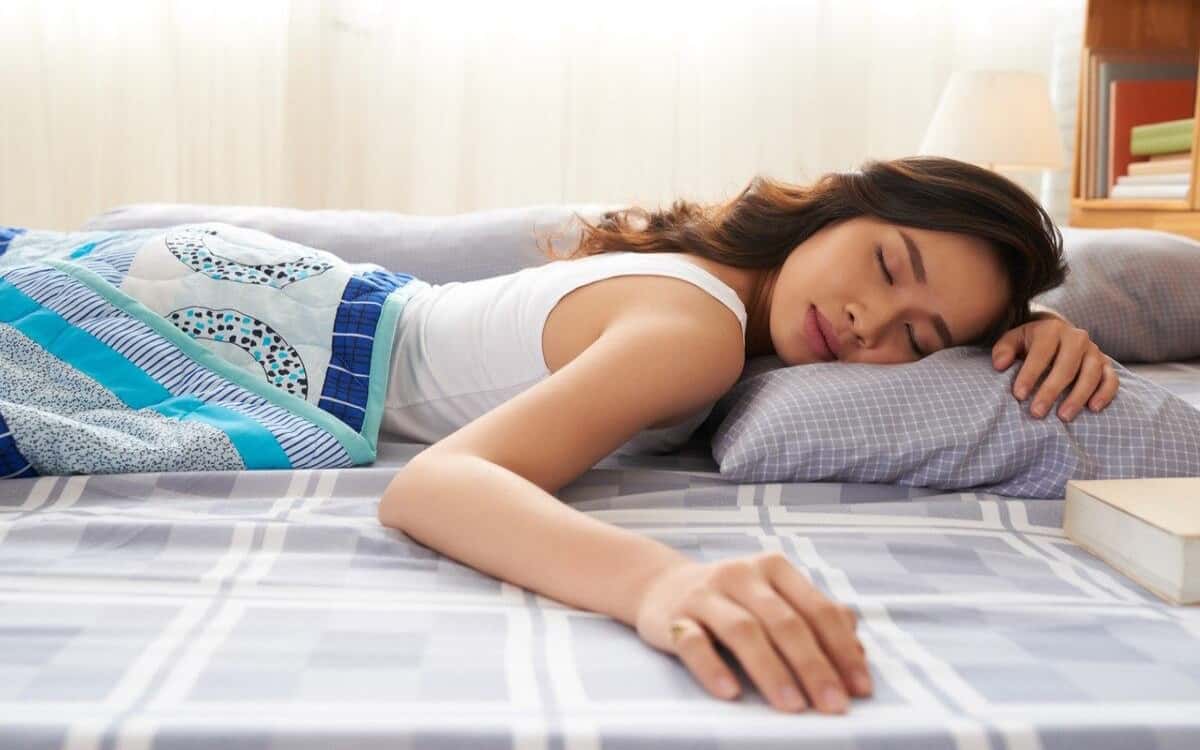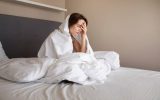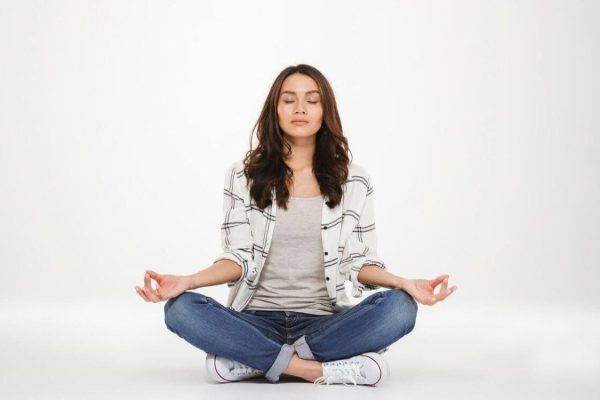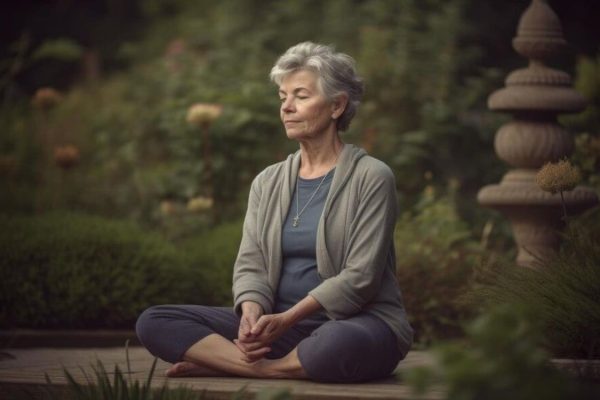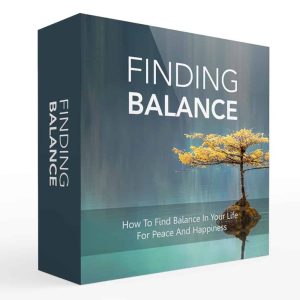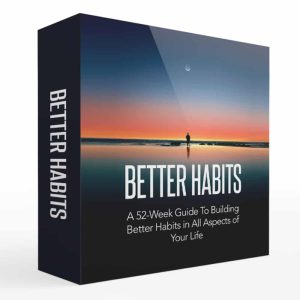A study found that almost a third of us struggle to get out of bed in the morning because we didn’t get enough good sleep the night before, which makes us feel less than excellent during the day. When you wake up tired and foggy, it can be hard to remember things, like where you left your keys as you rushed out the door.
You may also not feel as focused or productive at work as possible. Your hunger hormones get thrown off when you’re tired, and your brain loses mental function when you’re exhausted, making choosing healthy foods harder. In other words, when you’re starving late in the afternoon, you’re more likely to grab a candy bar or some other unhealthy, sweet, or salty snack.
You might be restless or cranky when you get home. After a few hours, it’s not the best time to be able to drift off to sleep. To feel at your best during the day, you need to get enough sleep at night. You can’t wave a magic wand and make that happen, though.
Cool, dark rooms are best for optimize your sleep
Most experts say the best setting is between 60 and 67 degrees Fahrenheit. A study by the National Sleep Foundation found that 73% of people believe a room should be darker to help them sleep. 65% of people block out light they don’t want with shades, curtains, or screens.
Quiet bedrooms are lovely.
74% of people believe being quiet is vital for sleeping well. Still, many people use “white noise” or some other background sound to block out annoying sounds like car horns or highway traffic. You can also utilize a fan or listen to one of the many relaxing sleepcasts or the Sleep Experience in the Headspace app to get some sleep music. Sleepcasts last for 45 minutes and can help you fall asleep by making you feel calm and relaxed.
Pick the right bedding.
For good sleep, you need a mattress and pillows that are comfortable for you. It’s up to you whether they are soft or hard. Which pillow you pick may depend on how you like to sleep. Like most people, your pillow should support your shoulder, head, neck, and ear if you sleep on your side. If you sleep on your back, try a smaller pillow to keep your neck from getting too stressed.
Declutter your bedroom.
If your room is messy, you might have more trouble sleeping, but your bed feels like a dream. A study at the sleep meeting in Seattle in June 2015 found that people living in cluttered spaces were likelier to have a sleep problem. How easily you fall asleep can depend on what your eyes see when you walk into a room. As many of our parents told us, clean up your room!
Choose the right cushion.
If you have allergies, you should think about the pillow fill. Fills can be natural, like feathers, or artificial, like cotton, foam, or rubber. Hypoallergenic pillows can help you sleep better at night by reducing the chance of stuffy noses that keep you up.
Drink less coffee and alcohol later.
Part of the process of calming down starts during the day. For example, you should work out early, limit caffeine-containing drinks like coffee, tea, and soda after lunch, stay away from foods that might upset your stomach, and skip happy hour because drinking alcohol too late can make it harder to sleep.
Reduce evening emails.
After dinner, try not to read work emails. An interesting study from 2018 at found that just thinking about checking work email after work can make people anxious and stressed. Every new message is a choice you must make, which keeps your mind busy and takes away from time with friends, family, or yourself. The study says that learning mindfulness can help you relax and stay present during tasks with friends, family, or by yourself.
Relaxed Yoga Before Sleep
The National Center for Complementary and Integrative Health did a study and found that more than 85% of people who did yoga said they felt less stressed, and 55% said they slept better. It has been shown that doing these seven therapeutic yoga poses before bed can help you relax and feel less stressed.
Daily Thankfulness List
A lot of studies show that being grateful can make you feel better. Robert A. Emmons, a teacher of psychology at UC Davis and a chief expert on the science of gratitude, says that practicing gratitude can improve our lives in many ways.
For example, it can lower our blood pressure, lower our risk of depression and anxiety, and help us sleep better. Keep a thankfulness notebook and write a few things you’re grateful for weekly. There is no right or wrong way to do this, but here are some ideas to get you going.
Bathe Before Bed
An hour or two before bed, a friendly bath has been shown to calm the mind and body. In one study, it lowered blood pressure and heart rate. Heat can help you rest and calm down when your muscles are tight and tired.
Conclusion
Getting the most out of your sleep means ensuring you have excellent surroundings, sticking to healthy habits, and encouraging rest. These science-backed tips, like controlling the room temperature, clearing out the bedroom, and practicing gratitude, can significantly improve your sleep quality and general health, setting you up for a refreshed and productive day.
